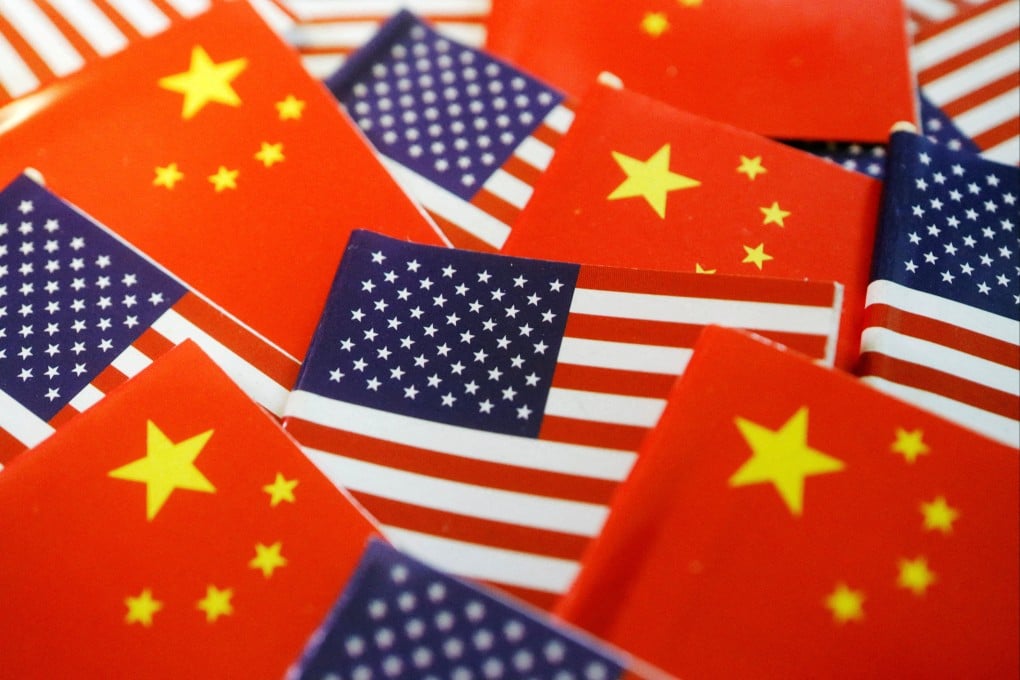My Take | Rediscovering an American economic prophet of doom
Charles Kindleberger long ago argued for the opposite of the Thucydides trap and taught generations of investors about market bubbles

OK, apologies! You are probably sick of hearing about the Thucydides trap. Thanks to American political scientist Graham Allison, the media have been saturated with it. It’s doubtful, though, that the author of the History of the Peloponnesian War even subscribed to it. I thought it may be interesting to present an opposing view proposed by another towering economic thinker.
Charles Kindleberger is best known as the author of the investment classic, Manias, Panics, and Crashes: A History of Financial Crises. In a new intellectual biography, Money and Empire: Charles P. Kindleberger and the Dollar System, economist Perry Mehrling aims to restore Kindleberger as an important economist on the functions of central banks, their role in the international financial system, and most interestingly, the connection between economic and political hegemony.
In Kindleberger’s theory, it’s the decline of the hegemon, not the rise of an upstart power à la Allison, that most disrupts an international system. Academics sometimes call it the theory of hegemonic stability.
Allison’s trap metaphor caught on because of the worsening rivalry between China and the United States, and the “blame China” media industry in the West. But it could also be dangerous as it tends to encourage the view – admittedly not one advocated by Allison himself – that if war is inevitable, you ought to start it as soon as you can to gain a first-strike advantage. In other words, you assume your adversary, say China, thinks that way, so even if you don’t want to think like that, you do anyway. It’s a “doom loop” logic that makes hawks in Washington think Beijing will invade Taiwan tomorrow, next year or the year after. The Thucydides trap could easily become a deadly world view.
By contrast, Kindleberger and others who postulate hegemonic stability argue an overarching hegemonic authority is necessary to maintain stability and offer public goods, both domestically and internationally.
His latest biography lends an elegant symmetry between Kindleberger’s economic conception of the central bank as a lender of last resort and guarantor of liquidity and his political idea about the need for a dominant state as the guarantor of a stable international system. That was the idealised post-war America and the global monetary system it dominated.
